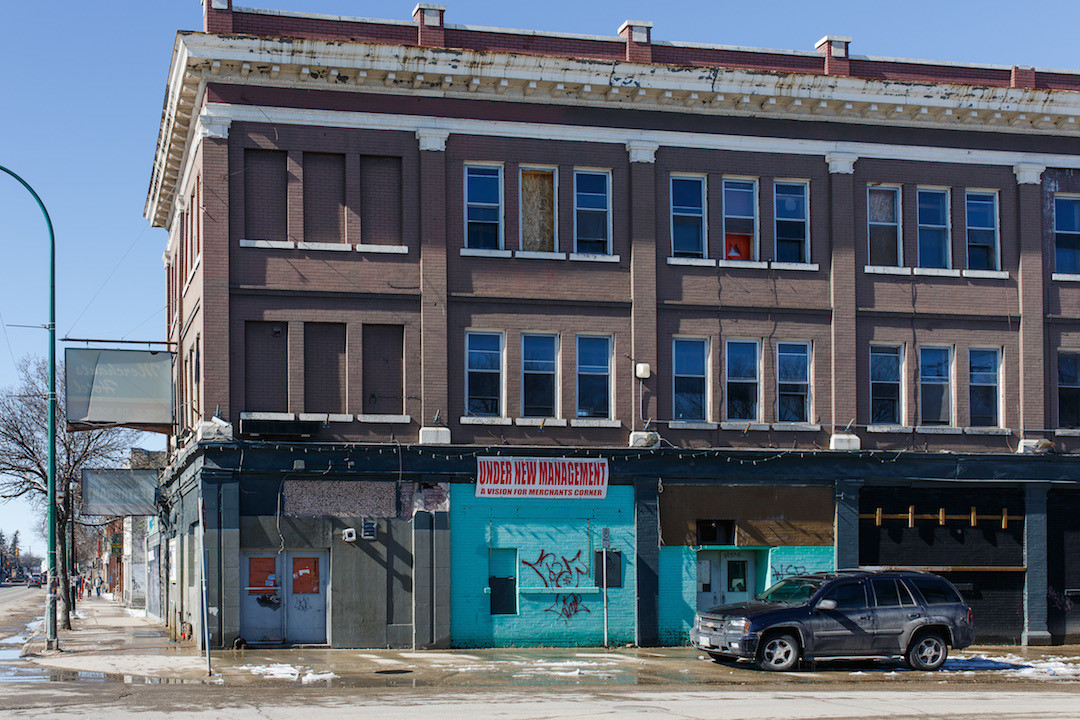North End exchange
Pilot project aims to bring students together in the North End
A new pilot program in the urban and inner-city studies program at the University of Winnipeg (U of W) aims to bridge the gap between students in the suburbs and the urban core.
YouthUnited@Winnipeg will be an intensive six credit hour spring/summer university course over 15 weeks available to students who’ve taken the introductory course in the urban and inner-city studies department.
Students will spend four days a week working and earning wages in the North End with the fifth day spent participating in ceremonies, sweat lodges, meeting with Indigenous and faith-based leaders and being exposed to other community programs.
Dr. Shauna MacKinnon, a professor in the department of urban and inner-city studies, says the new program is in line with department’s goals.
“(The project) really fits with our model of building bridges, addressing racism in the city, exploring the divides in a city and how we can resolve some of those divides, (and) dispelling the stereotypes that people have of the inner city and the North End,” MacKinnon says.
The idea for the project was initially proposed by city councillor Brian Mayes, who is a strong champion for youth service programs in Winnipeg.
“I wanted something that would show the downtown and the core to kids from my part of town, from St. Vital to the suburbs. So (U of W) were able to say ‘OK, half the kids will be from the suburbs, half would be from the downtown. We’ll mix them together, they will be working four days a week in the core, in the North End and one day week in a classroom,” Mayes says.
The main goal of the program is to bring students together from the suburbs and the inner city together and to start building the bridges across the community in Winnipeg.
“We’re going to show some people who were growing up in the North End what it is like to meet people from the suburbs, and we’re going to show people from the suburbs what life is like in the North End,” Mayes adds.
For MacKinnon, this is a recognition that there are complicated community issues in the city.
“I think the city probably feels that they need to be doing something and this is one small thing that they contribute to. This is not going to resolve all our problems, but it’s one small thing that we can do.”
She says that there are many students in the urban and inner-city studies field who have never been to the North End.
“It’s quite transformational for many of them to be studying, learning, and then to start to realize that ‘gee, you know the North End isn’t this scary place that everybody presents it to be,’” MacKinnon adds.
The two-year program requires funding from the city in order to pay wages to students, and has already been identified in the City of Winnipeg’s 2016 budget to begin in 2017. However, as with other city grants, the program will require the formal budget approval by Winnipeg City Council.
“(YouthUnited@Winnipeg) needed a champion, and I’ve been that, but this needed U of W to be supportive and needed a mayor to be supportive. It needed all three things,” Mayes says.
For more information on the program contact the Urban and Inner City department at uwinnipeg.ca/urban-inner-city-studies
Published in Volume 70, Number 25 of The Uniter (March 24, 2016)








